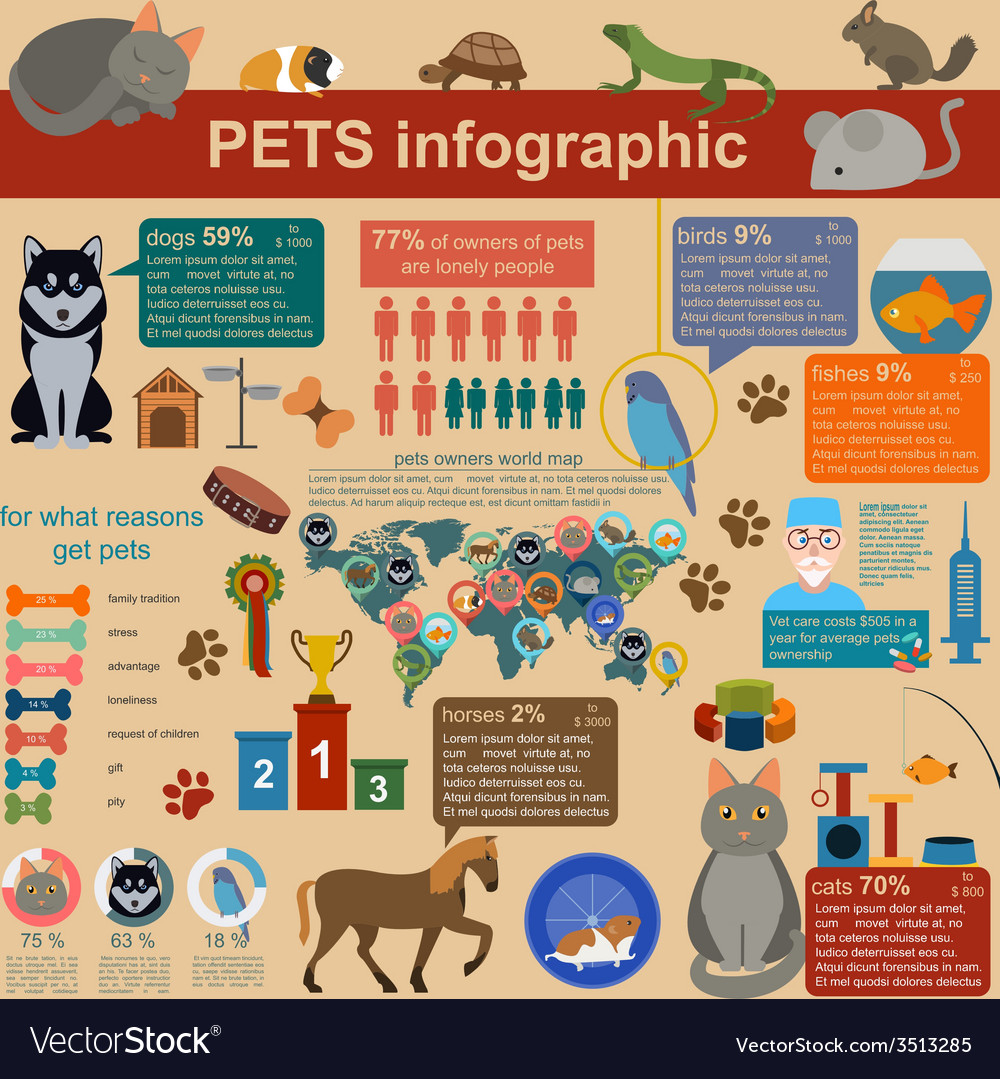Why Do Dogs Suddenly Sleep In Different Spots
Why Do Dogs Suddenly Sleep In Different Spots
Blog Article
Can Canine Daycare Reason Disease?
Opportunities are that if your pet dog is frequently exposed to various other pet dogs, even if they're correctly vaccinated, they might get back with some kind of ailment. Inoculations, regular vet checkups, and excellent hygiene practices can decrease danger factors for infection and illness.
Worried or distressed pet dogs can establish stomach troubles and various other wellness concerns that are conveniently spread out in between pets. Developing age constraints and behavior rules can aid make certain that just healthy and balanced pets enter your center.
Distemper
Canine distemper is a severe and commonly deadly virus that assaults a canine's respiratory, gastrointestinal, skin and immune systems. Puppies are especially at risk and can get the condition with straight contact with an infected animal or with the airborne transmission of virus particles sent out throughout coughing, sneezing or taking a breath.
The incubation duration for canine distemper is in between 3 and 7 days. While young puppies at daycare may seem to capture parvo from an additional contaminated pet dog, it's unlikely because the incubation period is so brief.
While there is no remedy for canine distemper, helpful care can help pets recoup. This consists of liquids, prescription antibiotics and medications to regulate seizures. The Drake Facility for Veterinary Care notes that symptoms consist of drippy eyes and nose, diarrhea, throwing up, anorexia nervosa and neurological issues such as twitching and tremors. Pups require a full vaccination series and annual boosters to secure them against this disease, which is why trustworthy pet day care centers require up-to-date inoculations.
Kennel Coughing
Kennel Cough (Pooch Contagious Tracheobronchitis) is a highly transmittable top respiratory problem brought on by germs and viruses. It spreads out with airborne beads from a cough or sneeze, direct call, and sharing of polluted objects such as playthings or water bowls. It is endemic in position where numerous dogs are housed close together, such as kennels, pet dog parks, grooming hair salons and programs. Several vaccinations are offered to safeguard versus the microorganisms that cause kennel coughing, and proper health methods can help protect against infection.
The traditional symptom is a completely dry, hacking cough comparable to that of a goose honk, and a lot of dogs recuperate with little intervention. Nevertheless, severe instances can result in pneumonia, and puppies or pet dogs with pre-existing illness go to higher danger for complications. To quicken healing, make use of a harness rather than a collar while your dog is recouping to avoid irritability to the windpipe. A humidifier may also assist to moisten the air and stop dry coughing.
Parvovirus
Parvovirus (CPV) is a significant disease in pet dogs. It is similar to feline panleukopenia (feline distemper), however it's much more lethal and can spread out swiftly among pet dogs due to its very resilient nature.
This infection attacks the digestive cellular lining of a canine, destroying it and triggering bacteria to slough off right into the bloodstream. The damaged body immune system and overwhelming microorganisms result in septic shock, which is generally fatal.
The good news is, vet health centers provide reliable treatment for parvovirus. These medicines are given straight right into a client's blood stream and targeted towards the certain strain of parvovirus. This treatment approach is wedge dog kennel boarding highly efficient and aids retrain the immune system to eliminate off the infection. Canines with extreme symptoms are commonly hospitalized for several days for tracking and extensive care to ensure their survival. Young puppies, unvaccinated dogs and pet dogs with weak body immune systems are particularly vulnerable to parvovirus. This is specifically real for puppies born to roaming mothers and shelter settings, where they are exposed to lots of other ill and prone dogs.
Canine Influenza
Pooch influenza (CIV) is an infectious respiratory illness that can be brought on by dogs sharing polluted surface areas or straight contact with respiratory system secretions. CIV spreads quickly in settings where there are high numbers of pets, such as canine parks, daycares, grooming centers and veterinary facilities.
Infected canines lost the virus with aerosol respiratory droplets when coughing or sneezing, and might contaminate items they come into contact with like cages, toys, food bowls, chains and the hands and clothing of individuals that handle them. Pet dogs can additionally be "silent providers" spreading out the virus without revealing any kind of symptoms themselves.
Signs of canine flu include sinus and eye discharge, coughing, high temperature, anorexia nervosa, and weakness. The infection can advance to pneumonia, which can be deadly in some dogs. PCR viral testing is readily available for confirmation of infection. Ideally, examples (generally deep nasal or pharyngeal swabs) for PCR testing must be accumulated within four days of the beginning of scientific signs.